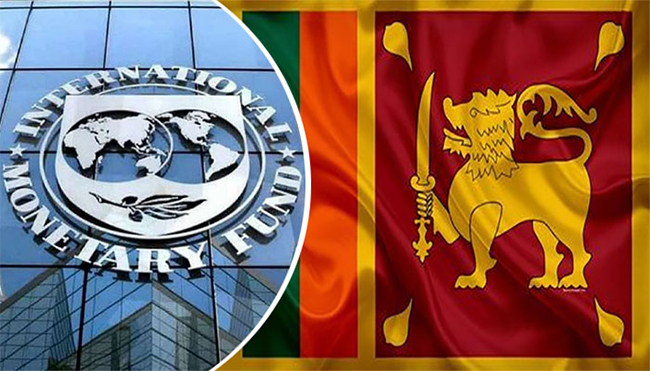The International Monetary Fund (IMF) has stirred political discussions around dedollarization in Sri Lanka through a report on liquidity operations and monetary policy. Despite no public demand to undermine foreign currency deposits, the IMF has recommended introducing statutory reserve requirements (SRR) for foreign exchange liabilities as part of a broader agenda to promote Sri Lanka’s local currency.
Dedollarization has never been a prominent issue in Sri Lanka’s elections. The freedom to maintain foreign currency accounts was introduced in 1979 to facilitate economic liberalization. Initially, these accounts were limited to non-resident foreign currency (NRFC) holders, but they were later extended to residents. Dollar accounts became popular as the domestic currency weakened against the U.S. dollar.
The IMF’s report argues for an SRR for foreign currency liabilities, which would be higher than that for local currency. The goal is to discourage the use of foreign currencies, marking a step toward dedollarization. The report also suggests “modernizing” Sri Lanka’s monetary policy framework by introducing market-based tools such as an Interest Rate Corridor (IRC) to replace the current Marginal Lending Facility (MLF).
Sri Lanka’s economic challenges, including inflation and currency depreciation, have eroded the value of wages and savings, leading to capital flight and reduced public confidence. The IMF’s push for dedollarization aligns with its broader strategy of monetary policy modernization, which often involves innovative methods to control currency stability. However, these reforms have sparked concerns about their potential long-term impact on the country’s economic stability.
Sri Lanka has faced several currency crises in the past due to excessive money printing, triggering social unrest and political instability. The IMF’s recommendations may deepen these challenges, prompting skepticism about whether the country can avoid further economic crises under this framework.
